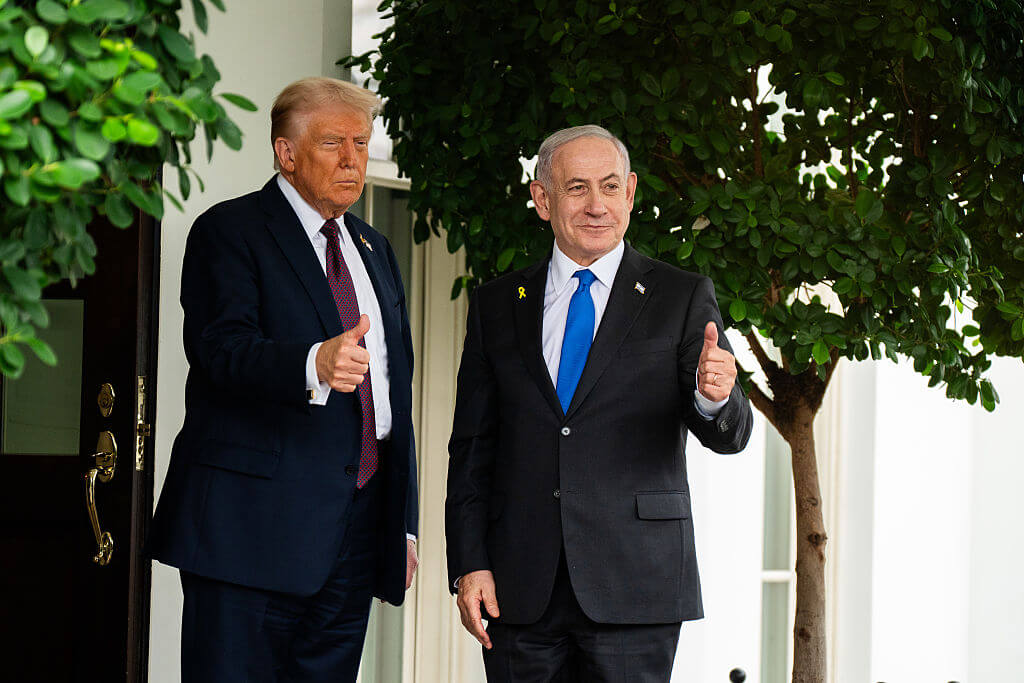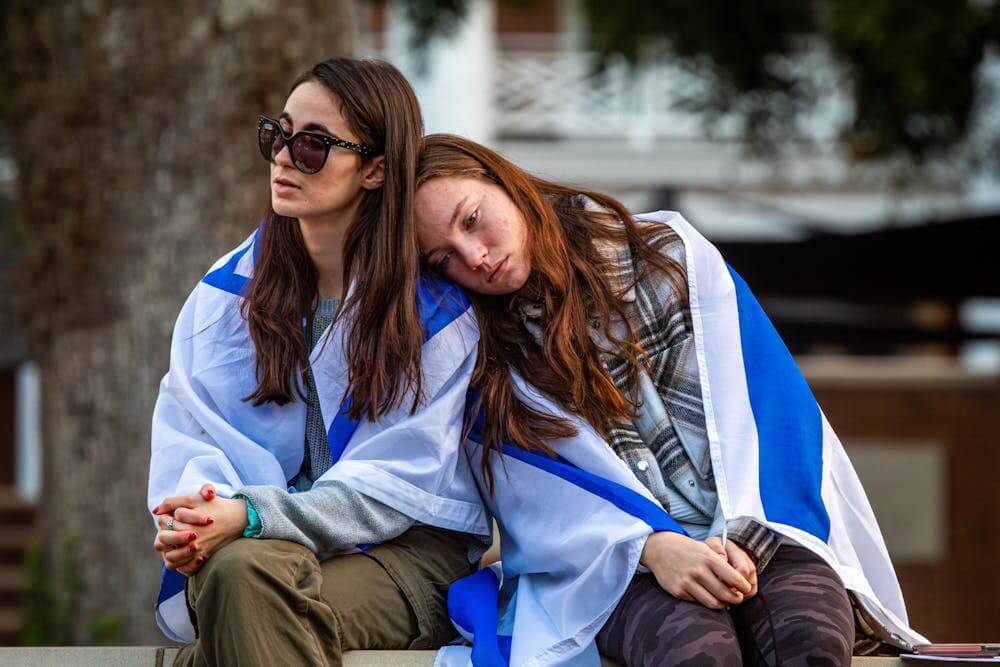Don’t Excuse Terrorism by Talking About ‘Root Causes’

On the March: Anti-ISIS Shiite fighters in Iraq. Image by Getty Images
One of the great challenges following the horror in France is how best to react to the savagery of the Islamic State group.
As we have seen, there have been a variety of recommendations. Some are focusing on reaching a negotiated agreement in Syria, while others are recommending stepped up military campaigns, including the use of ground troops against the Islamic extremist group. Still others are focusing on the home front, working with local Muslim groups to reduce the appeal of extremism, limiting Muslim immigrants, or proposing greater surveillance of potential Islamic extremists.
Inevitably, different sectors of society react differently. There is no silver bullet to address this huge challenge. Undoubtedly, the international community will turn to a combination of approaches.
In one sense, however, there is a need to return to basics in looking at the Islamic extremist terrorist threat.
That involves avoiding a tendency, which corrupts the effort to address terrorism, to differentiate between the attacks, to attribute some to “root causes.”
We saw that in certain circles following 9/11, with some claiming that it was America’s presence in the Middle East that generated Al Qaeda. We see it regularly regarding terror against Israel, where some blame Hamas and other Palestinian terror on Israel’s treatment of the Palestinians.
We see it with Iranian terrorist activity, some continuing to focus on old resentments toward America going back to the coup in 1953.
It is not that these issues are not legitimate subjects for discussion and resolution. They often are used to attract new recruits to terrorist organizations, so they cannot be ignored.
The mistake, however, is to attribute the motives of terrorism to these problems rather than seeing them as rationalizations.
In fact, the common theme of Islamic terror — whether it targets France or America or Israel, whether it targets Christians, Jews or Muslims — is a goal to destroy those who represent a desire to lead a different kind of life simply because they want to live their own lives.
Sometimes the terrorists express their destructive motives in nasty words about Christians or Jews or Shiite Islam or Sunni Islam or the modern world. Sometimes they attribute their actions to specific events, like the French presence in Syria or the Israeli treatment of the Palestinians. But their common and real theme is the notion that those who are not like them must die.
There is no political action that can solve this problem. There is no compromise that can satisfy this urge to destroy. There is no philosophy that can persuade them to change.
The sooner every government and every non-governmental organization around the world recognizes these truths, the sooner we can begin to have a true coalition to deal with Islamic terrorism. Solutions still will not be easy, but progress can be made.
And, of course, this must include governments of countries with an Islamic majority population. The simple fact is that more Muslims are killed by Islamic extremists than Christians and Jews and others combined.
It is often suggested that there needs to be more of an interfaith effort to stand up against terrorism but that specific issues stand in the way.
It was hoped that the horror of 9/11 might have so shocked the people everywhere, painting a picture of the future hell that terrorism unchecked would bring to the world, that leaders of all backgrounds could rise above their political differences to work together to defeat the terrorists.
It hasn’t happened, though we have seen some encouraging moments, such as Pope Francis’s recent interfaith service at the 9/11 memorial.
One can only hope that this tragedy in Paris will serve as the ultimate wake-up call. It has been noted that only weeks from now, Paris is scheduled to host the critical international conference dealing with climate change, deemed by the organizers as the moment to address the greatest threat to the future of the planet.
Maybe a suffering Paris can now also symbolize the moment when the world finally woke up to the realization that if we do not come together to deal with the Islamic terrorist threat, it will only expand and eventually threaten all of us through the use of chemical, biological and nuclear weapons.
Jonathan A. Greenblatt is CEO and National Director of the Anti-Defamation League.















